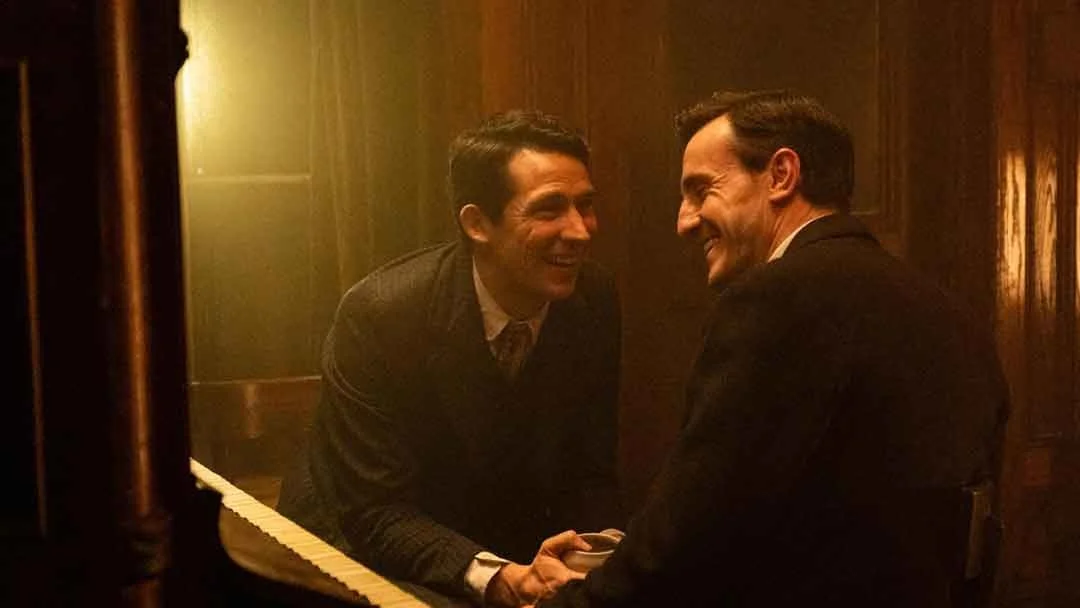‘When This Is All Over’ REVIEW: Turning an intimate story into one big trip
‘When This Is All Over’ REVIEW: Turning an intimate story into one big trip
In a society where there are social disparities, how could you not feel any sense of guilt for having just a little bit more privilege. Some people merely want to dance without care at raves as it’s their form of release. Some simply want to leave this country and start a new life. And others are just left with no choice but to put up with it. When This Is All Over tries to explore all of this in ways that are psychedelic while still evoking some strong profound sentiments.
When This Is All Over tells a story of a detached, desperate character called The Guy who strikes a deal with a bunch of privileged misfits to organize a secret rave party during the midst of a pandemic, for a chance to escape his predicament.
Kevin Mayuga’s first feature length is sure to be this year's Cinemalaya crowd-pleaser. The film effectively fulfills its promise of an acid trip while also delivering some quite powerful and emotional moments, exploring the themes of exploitative class systems and delving into how class dynamics influence our numerous hurdles.
Kevin Mayuga subtly plays and experiments with the medium while ruminating on the main character's desire to belong and at the same time escape his reality. However, I think what makes the film truly standout is Juan Karlos. Those who were at last year’s Cinemalaya will recognize him from Blue Room, who played a character with a stoner image. We kind of get to witness that again in When This Is All Over, but with more depth and nuance to his character, creating contrast as well in its commentary on class.
While its main character may have layers, the film’s statement, however, on privilege and class gaps is something that feels thin and superficial. The film aimlessly ponders on its themes and while it did try to delve deep into it, it rather prefers to focus more on the journey of its characters, taking you beyond into the vignettes of these people living in this one condominium building, stuck in each of their own boxes and issues.
Although it is commendable for the movie to try and attempt to address a variety of subjects, sometimes it can't help but muddle up its intent just in an effort to achieve what it wants. There is a solid understanding of how significant these themes are but It just feels a bit weightless and doesn’t really hit the mark on some of the points it wants to make. The film just had so much it wanted to say that by the time it reached its end, it feels quite incomplete or rather half-baked in its approach— maybe the film is too short, only running for ninety minutes and not having enough time to explore more, or maybe there’s really just too much in it.
But that’s not to say that the movie is bad; When This Is All Over still has a lot of redeeming qualities to it— Martika Escobar’s cinematography gave the film a genuine sense of engagement, borrowing elements from Spike Lee’s films like the double dolly shots. Maria Estela Paiso’s editing was hypnotic and really takes you on a trip; during its climax, they had this AI prompt sequence that is just pure euphoric and brings the film altogether.
When This Is All Over by Kevin Mayuga may occasionally be confused at times, but it still takes you on a visual feast experience that makes for a wild ride, showing how you can transform an intimate story of a son who just wants to reunite with his mother into a one big trip.












